Mark Hutchinson, (aka Hutch) is the Co-founder of WildArk and a wilderness explorer and conservationist on a mission to protect the world’s endangered species and fragile ecosystems.
When Mark isn’t in the bush or trekking to the far reaches of the world, he spends time on his surfboard or outdoor adventures with his wife Sophie and their four children.
Together, Mark and Sophie co-founded WildArk in 2016 with a shared lifelong vision to ensure that they leave the world in a better natural state for their own kids and future generations.
WildArk is a not-for-profit conservation movement made up of organisations including a range of businesses, partnerships and contributors who are all working towards the common goal of making a difference in the world’s wildest places.
Mark’s ecotourism journey began in the early 2000s with a business that took people to remote areas worldwide on safari, fly fishing and camping trips.
He was fortunate enough to see some of the last untouched wilderness areas, which are now under so much pressure. This business merged into a tourism and hospitality training company which he sold in 2013.
After a tumultuous couple of years working in the corporate world, he learned a great deal; Mark decided to go back to his roots in nature, so WildArk as a conservation movement was born.
Today, Mark and his wife Sophie focus all of their energy on conservation. They are still passionate about travelling with their kids and have lived for periods in South Africa, North America, Argentina, France and now Byron Bay.
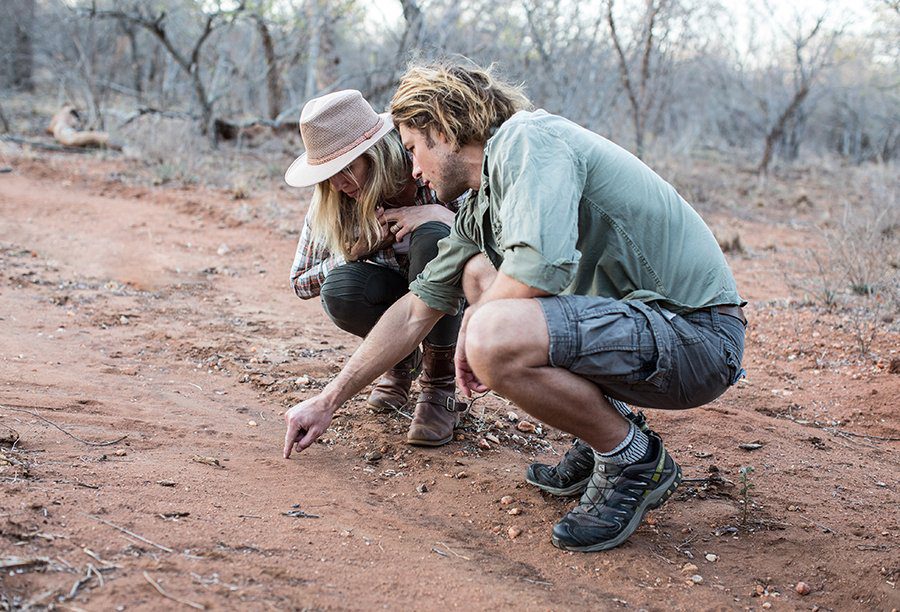
What was it that inspired you to set up WildArk?
After I sold my travel company in 2013, I had a significant life-altering experience that led me to leave the traditional business world and focus all my energy on what I was really passionate about – protecting the remote places on the earth.
Having seen first-hand what was happening to the wildlife, environment and all of our old friends in the ecotourism sector, my wife Sophie and I decided we wanted to do something that would build awareness and raise money for the places we knew well.
Alaska, South Africa, Zambia, Northern Australia, Argentina, Montana are some of our favourite places to visit and also some of most impacted, so we set up WildArk in 2015 with a small group of great humans to see how we could help.
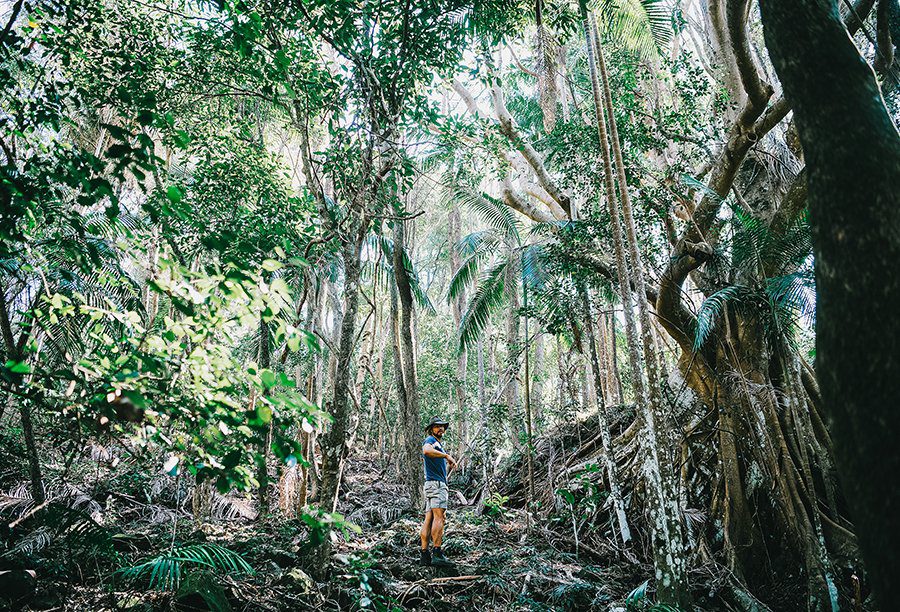
What concerns you about the long term impact of travel on people, animals and the planet?
Travel is a massive conundrum for everybody. The footprint we all exert on the planet every time we travel is huge.
From carbon pollution to the level of waste and lesser-known evils such as the spread of exotic plants, travel does have a very negative impact. Coupled with the sheer number of humans on the planet and the rise of more and more of us travelling, the equation doesn’t look good.
However, I can’t preach to anyone about this as I have travelled more than most, so I think the challenge is educating and inspiring others to travel in the most ethical, sustainable way we can.
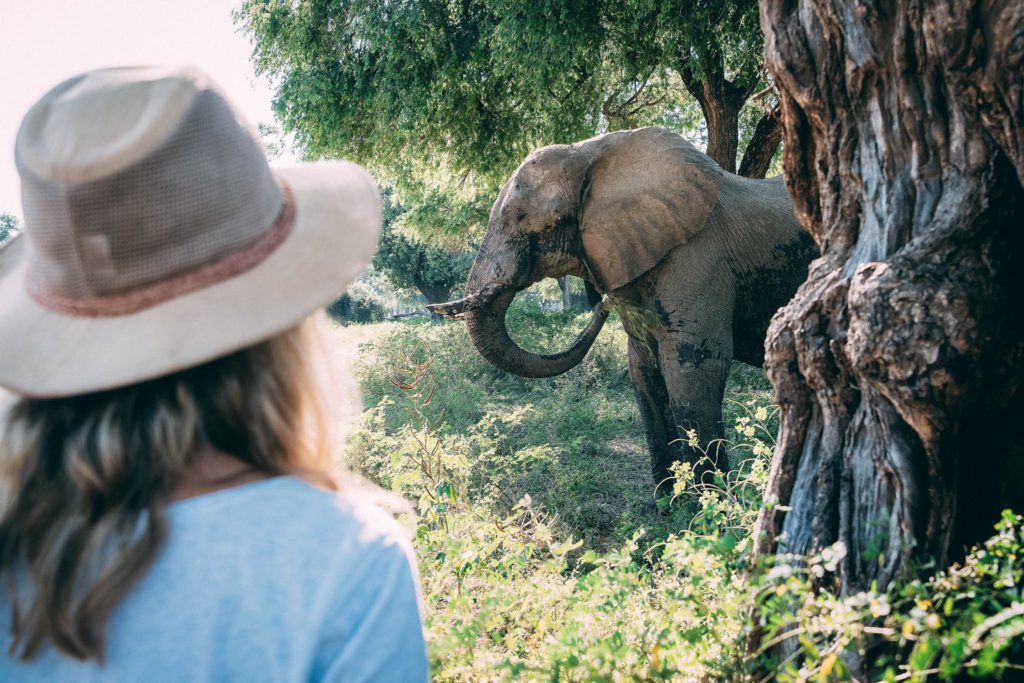
Do you think travel can change the world?
“Change the World” is a huge throwaway phrase most of the time, so I’ll temper this answer by saying that I think the benefits of ethical travel can bring sustainable commerce, awareness and much needed support to areas on the map that would be destroyed if it weren’t for travellers demanding they remain as natural as possible.
Long-term investment in national parks, ecotourism, regenerative and integrated agriculture, for example, that help build community-based employment and destinations for travellers plays a significant role in preserving our natural world.
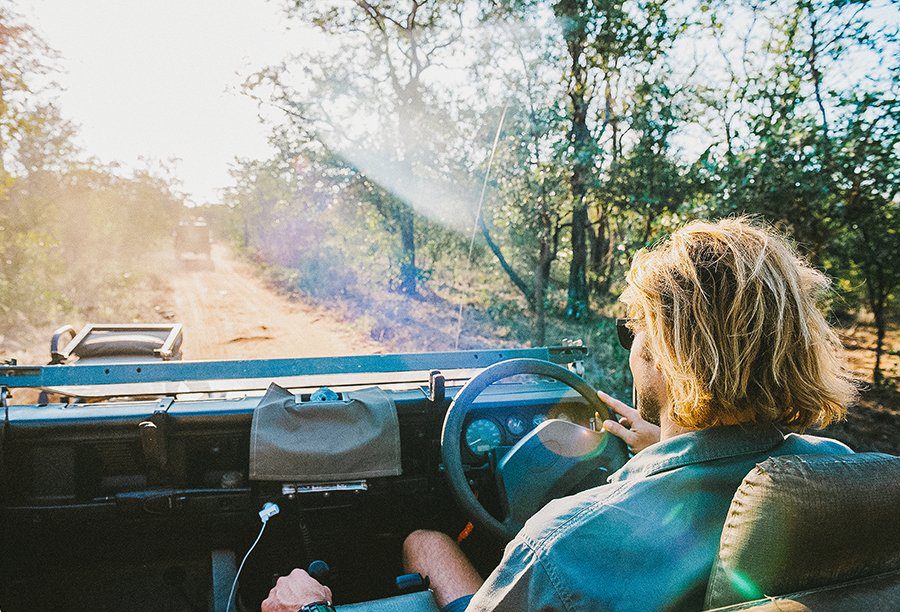
Are you seeing positive change happening in responsible travel?
In some areas, yes. My wife and I were recently in Montana, visiting some friends in Yellowstone National Park.
We hiked and flew fished in some of the most pristine wilderness and waterways left on earth, in a country with over 300 million people.
The long-term vision of that area for an integrated community with continued innovation in land management, tourism practices, water and agriculture has worked well over the 20 years I’ve been visiting.
South Africa, which has been hit with devastating poaching numbers over the last four to five years, is now starting to turn good again with massive investment extending the open fenced area of Kruger National Park.
We recently saw a project and saw first-hand what positive responsible development can do for wildlife and communities based on sustainable wildlife tourism.
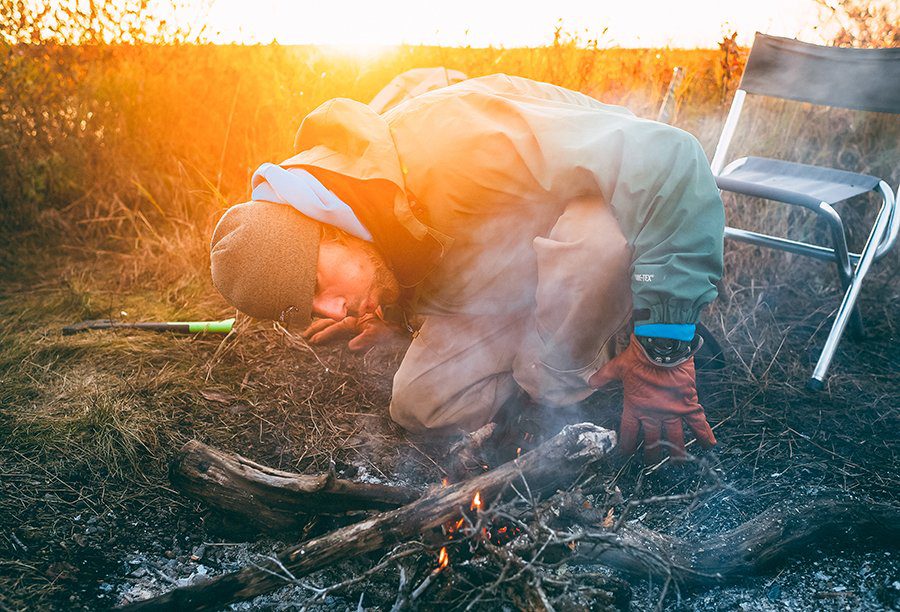
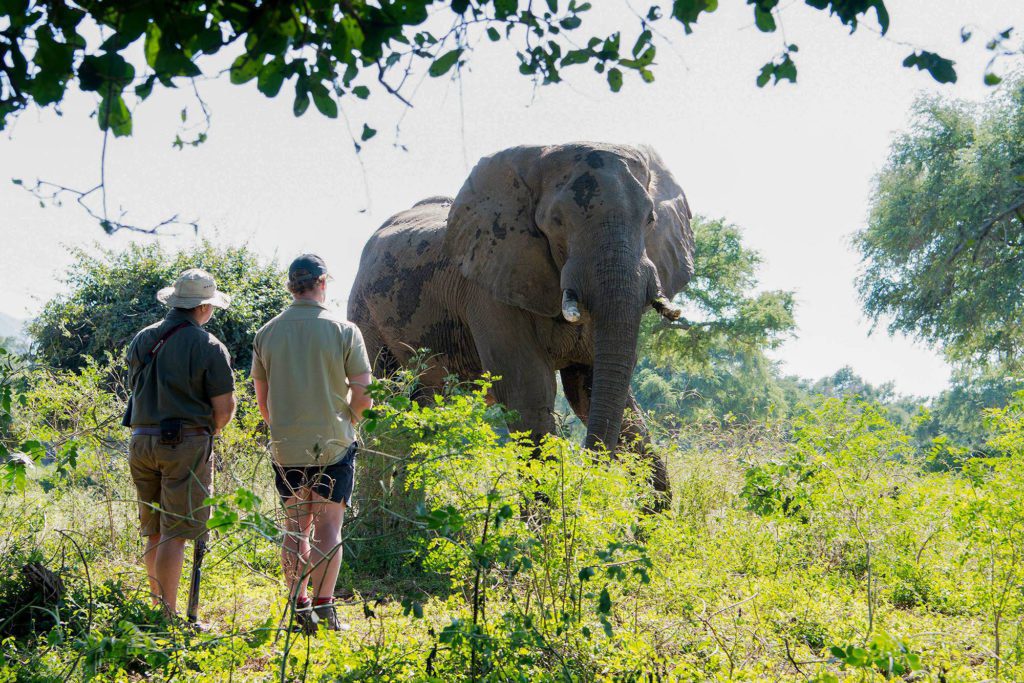
Is there a particular moment or milestone in your life, that changed your outlook and inspired you to want to make a change?
Probably not a lightning bolt moment, more a long period of pervasive change bought about by countless experiences in the same regions over many years.
Re-visiting an area many times over a period allows you to witness the macro and micro changes and take stock of the impact people have, not just in a natural sense but on communities and culture as well.
It just made me realise that life could be so much more fulfilling when you not only do what you love but also make a positive impact on other peoples’ lives.
I often hear people say things like, “I went back to an epic surf break in Indo after 10-years, and there was plastic everywhere, and all the kids were asking me for money! Before it was just laughing kids spearing fish in the lagoon and pristine beaches.”
What advice would you give to people wanting to travel more responsibly?
What’s been really important for us in the last few years is offsetting our carbon at scale by planting trees to cover 20-30 times plus what we use as a family on our trips in carbon.
Some other things we always look at are the credentials of the operations, by taking into consideration such as:
- What lodges/hotels are you staying in or guides we are using?
- How do they care for their local area?
- Do they engage with the community?
- Does the money stay local or leave to an international corporation?
- How was a place built, and what materials were used?
Again, I can’t preach to anyone, as we as a family always need to do more and more each time we plan a trip to make sure it is as responsible as possible.
But bringing your own awareness and taking responsibility for your own choices and actions are definite and very positive first steps.
Find out more: wildark.org
How can you travel to change the world?
Congratulations! By reading this post and taking some of these insights on board, you’ve already made a difference.
Now you can easily create your own impact by sharing your newfound knowledge. Share this link with a friend you think would be interested, or post it on your own social media.
Ultimately, it all comes down to staying curious, keeping yourself up-to-date and making yourself accountable for your actions on your travels.